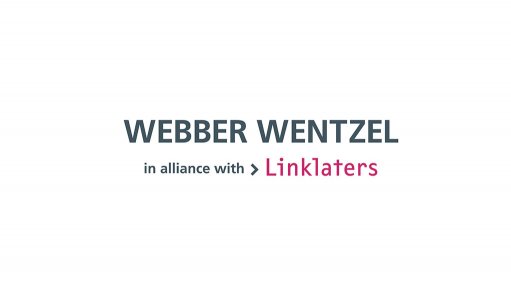
On 23 November 2018, the Labour Laws Amendment Bill was signed into law. The Bill provides a minimum period of leave entitlement to employees who are fathers, adoptive parents and parents in a surrogate motherhood agreement, amending the Basic Conditions of Employment Act (BCEA) and the Unemployment Insurance Act (UIF). The BCEA only catered for four months maternity leave and three days' paid family responsibility leave in certain circumstances, including the birth of a child.
The material amendments to the BCEA are set out below:
Parental leave: an employee, who is a parent of a child, is entitled to 10 consecutive days' parental leave. Parental leave can be taken from the day on which the child is born or on the date on which an adoption order is granted or on such day that the child is placed with the prospective adoptive parents, pending the finalisation of the adoption order.
Adoption leave: an employee who is an adoptive parent of a child who is below the age of two years is entitled to 10 consecutive weeks of adoption leave or parental leave. Adoption leave can be taken from the date on which an adoption order is granted or on such day that the child is placed with the prospective adoptive parents, pending the finalisation of the adoption order. In cases where an adoption order is made or a prospective adoption order is pending in respect of two parents, one parent is entitled to take adoption leave and the other parent will be entitled to take parental leave.
Commissioning parent leave: an employee who is a commissioning parent in a surrogate motherhood agreement is entitled to 10 consecutive weeks of commissioning parental leave or parental leave. Commissioning parental leave can be taken from the date on which the child is born. In cases where a surrogate motherhood agreement has two commissioning parents, one of the commissioning parents may apply for commissioning parental leave and the other may apply for parental leave.
The material amendments to the UIA are set out below:
- Unemployment benefits are to be payable to employees who take parental, adoption or commissioning parent leave provided that the employee is registered as the father on the birth certificate, is a parent of a child below the age of two on an adoption order (or is a prospective adoptive parent in terms of a court order) or is the parent of a child born as a result of a surrogate motherhood agreement.
- Benefits that are payable to persons claiming under the UIA are enhanced by providing that a contributor's entitlement to benefits accrues at a rate of one day's benefit for every completed four days of employment subject to a maximum of 365 days' benefit in the four year period preceding the application for the benefit. If an employee has credits and seeks to claim such leave, unemployment benefits must be paid regardless of whether or not that employee had claimed in the preceding four year period.
- Benefits entitlements of a mother who has a miscarriage in her third trimester or bears a still born child are also enhanced. Provision is made for unemployment benefits to be paid for a period of 17.32 weeks.
These amendments have been made to cater for the best interests of children in families with working and/ or adoptive parents. They will also provide benefits and equal treatment for families in the LBGTQI community. Previously, same sex partners would not be able to take leave upon the adoption of a child/ birth of a child, or where a birth took place after being carried by a surrogate. Provision of parental and adoption leave provides a solution to this problem and has been widely praised as another example of the progressive nature of South African law.
In terms of next steps, employers should review their existing leave policies and procedures and ensure that they make provision for parental leave. Employees should also update their contracts of employment to include these amendments. Finally, employers who offer enhanced maternity leave benefits (such as paid maternity leave), will also need to consider the extent to which such enhancements can and should be extended to adoptive parents or commissioning parents.